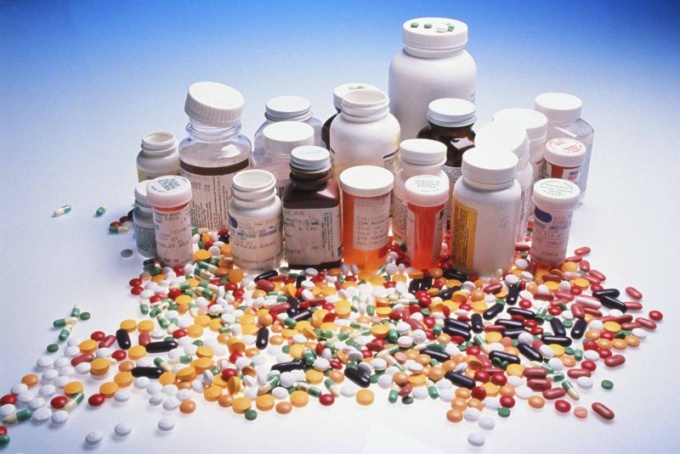You will need
- pharmacy;
- - doctor's prescription;
- - international nonproprietary name of the drug.
Instruction
1
In mild indisposition (headache, allergies, indigestion , etc.) please contact the nearest pharmacy, where the local pharmacists will pick up to you something of those medicines that they have. The treatment of "serious" diseases do not require a prescription. By the way, medications to deal with them often advertised on television, radio and press. This is not surprising, since prescription medicine advertising is prohibited almost everywhere.
2
Communicating with a pharmacist, please note that the scheme of treatment abroad may differ from Russian. For example, in Egypt with diarrhea taken to prescribe antibiotics that are unlikely to enjoy your body. Therefore it is better to resort to normal medicationthat you use at home. They are in other countries too, only under different names.
3
To determine the drug, should know its international nonproprietary name. They usually indicate the active ingredient of the drug. For example, "Imodium" is a commercial name and international name of active substance loperamid. Going on a trip, write down the international nonproprietary name of drug used, it can be found in the manual and on the package of medication. If you or someone in your family over the border will be bad, show it to the pharmacist in any country of the world, and he will pick up the necessary drug.
4
Exceptions are possible only if the drug has no code, and such "renegades" are among the drugs that contain several active ingredients or when the country where you are, your medication is not registered. Like, for example, can happen to "with no-Spa" (drotaverine), an analogue of which is hard to find in European countries.
5
Also note for transportation of medical drugs across the border and customs control. If you are carrying medicinescontaining narcotic or psychotropic substances, the path through the "green corridor" you are not allowed. In this case, go through the red corridor and make a customs Declaration. You need to have a document proving that the medication assigned to you on a state of health (certificate, doctor's prescription or statement of medical history).
